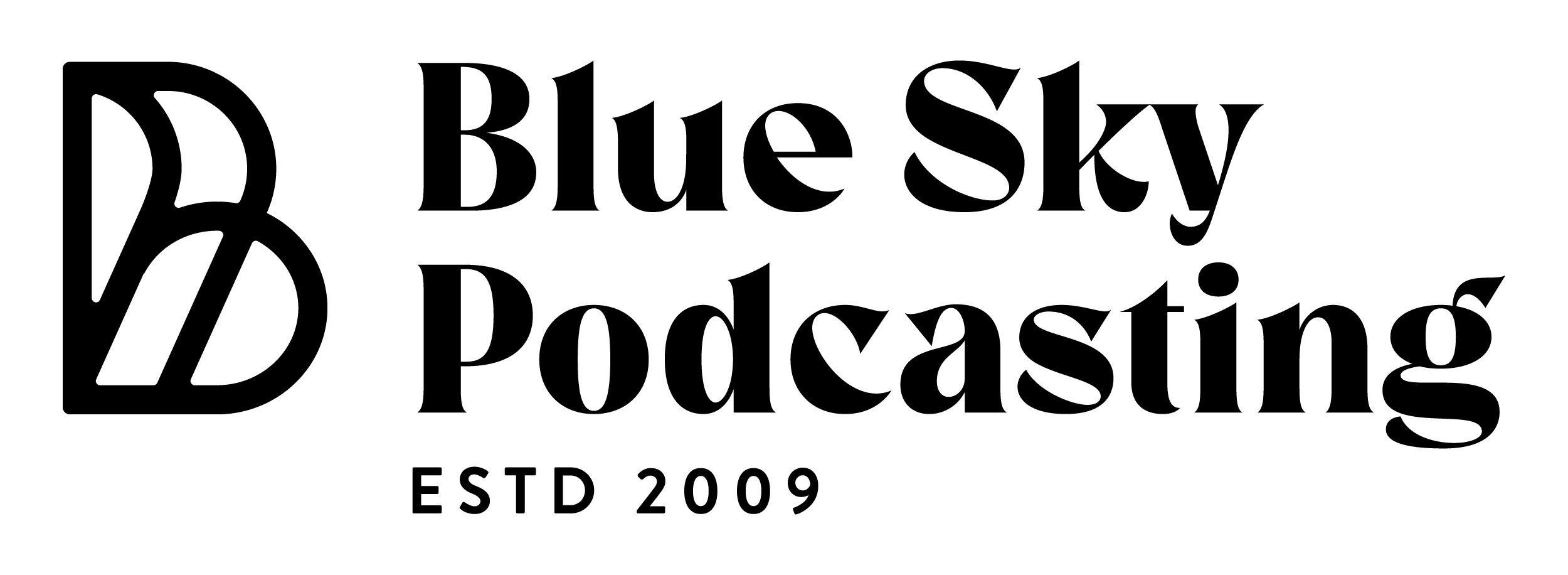The Hidden Time Costs of DIY Podcasting
One the finest skills you can develop as an adult is discernment. Knowing when you’ve bitten off more than you can chew, and knowing when you can handle more. With the rise of DIY (Do-It-Yourself) culture, many podcasters have attempted to handle every aspect of their shows independently. While the idea of being in complete control may sound appealing, DIY podcasting can often come with unexpected costs, especially in terms of time. Let’s explore how DIY'ing your own podcast can wind up costing you way more time than you initially anticipated.
Technical Challenges:
Podcasting involves technical aspects such as recording, editing, and publishing episodes. While it's true that there are many user-friendly tools available, mastering these tools and troubleshooting technical issues can be time-consuming for beginners. DIY podcasters often spend hours troubleshooting audio problems, researching equipment, and learning editing software, taking away precious time from other aspects of their lives.
Content Creation:
Consistently producing captivating content is crucial to building an audience. DIY podcasters frequently face the challenge of coming up with fresh ideas, researching topics, writing scripts, and conducting interviews—all of which can be time-intensive processes. Creating high-quality episodes takes meticulous planning, research, and writing, and doing it all yourself can quickly become overwhelming.
Promotion and Marketing:
Building an audience for your podcast requires strategic promotion and marketing efforts. DIY podcasters often spend a significant amount of time managing social media accounts, reaching out to potential guests or collaborators, creating marketing materials, and optimizing their website for search engines. These tasks can be time-consuming and may distract from the actual podcast production.
Conclusion:
While the allure of DIY podcasting lies in the creative freedom and control it offers, it's important to acknowledge the hidden costs, particularly in terms of time. Research and planning, technical challenges, content creation, and promotion can easily consume countless hours, potentially taking away from other important aspects of your life. If you find yourself overwhelmed or lacking the necessary skills, it may be worth considering outsourcing certain aspects or seeking help from professionals. Ultimately, striking a balance between DIY and delegating can help you create a successful podcast without sacrificing an exorbitant amount of your precious time.
